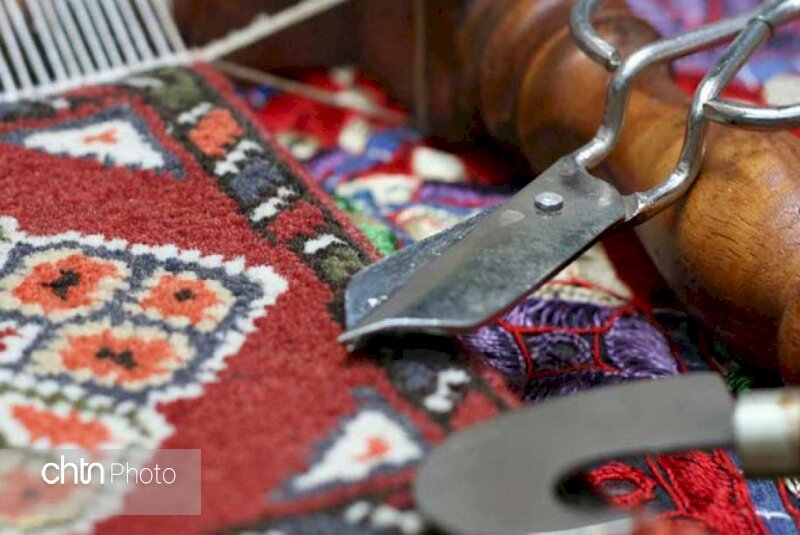Inmates trained as crafters in Zanjan

TEHRAN –A total of 70 inmates have recently been trained as crafters in prisons across northwestern Zanjan province during the first half of the current Iranian calendar year 1400 (started March 21), the deputy provincial tourism chief has announced.
To empower the prisoners and provide job opportunities for them after their release as well as promoting handicraft fields, the kilim weaving courses were held in the province’s prisons, Elnaz Khodai said on Wednesday.
In addition to enhancing handcraft production in prisons, the courses, which were held by the experienced handicrafts masters, also sought to generate income for the prisoners, the official added.
Zanjan is one of the cities founded by Sassanid King Ardashir I (180-242 CE). The province makes a base for wider explorations with the architectural wonder of Soltaniyeh, the subterranean delights of the Katale-Khor caves, colorful mountains, and the UNESCO-registered Takht-e Soleiman ruins are nearby.
Tourism ministry seeks to empower inmates
In October 2020, the Ministry of Cultural Heritage, Tourism, and Handicrafts signed a memorandum of understanding with the Prisons, Security, and Corrective Measures Organization to create jobs and make income for prisoners.
The MOU also aimed at implementing special educational and promotional programs, identifying talented prisoners, and improving their social status.
The deputy tourism minister Pouya Mahmoudian said that handicraft products made by prisoners have been displayed in various exhibitions, and the income generated from selling these products has been returned to the prisoners and their families.
Wide-ranging handicrafts
With 14 entries, Iran ranks first globally for the number of cities and villages registered by the World Crafts Council, as China with seven entries, Chile with four, and India with three ones come next.
The Islamic Republic exported $427 million worth of handicrafts during the first eleven months of the calendar year 1398. Of the figure, some $190 million was earned via suitcase trade (allowed for customs-free and tax-free transfer) through 20 provinces, according to data compiled by the Ministry of Cultural Heritage, Tourism and Handicrafts.
Ceramics, pottery vessels, handwoven cloths as well as personal ornamentations with precious and semi-precious gemstones are traditionally exported to Iraq, Afghanistan, Germany, the U.S., the UK, and other countries.
ABU/AFM
